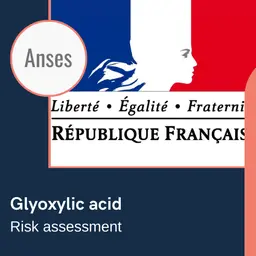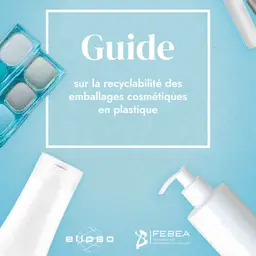
According to a new study by researchers from Yale University (US), much of the damage that ultraviolet radiation (UV) does to skin occurs hours after sun exposure. This discovery raises the possibility of developing future cosmetics products to protect the skin in a new way.
The study was published Feb. 19 by the journal Science.
The reserachers explain that exposure to UV light from the sun or from tanning beds can damage the DNA in melanocytes, the cells that make the melanin that gives skin its color. This damage is a major cause of skin cancer, the most common form of cancer in the United States. In the past, experts believed that melanin protected the skin by blocking harmful UV light. But there was also evidence from studies suggesting that melanin was associated with skin cell damage.
In the current study, Douglas E. Brash, clinical professor of therapeutic radiology and dermatology at Yale School of Medical, and his co-authors first exposed mouse and human melanocyte cells to radiation from a UV lamp. The radiation caused a type of DNA damage known as a cyclobutane dimer (CPD), in which two DNA “letters” attach and bend the DNA, preventing the information it contains from being read correctly. To the researchers’ surprise, the melanocytes not only generated CPDs immediately but continued to do so hours after UV exposure ended. Cells without melanin generated CPDs only during the UV exposure.
This finding showed that melanin had both carcinogenic and …













